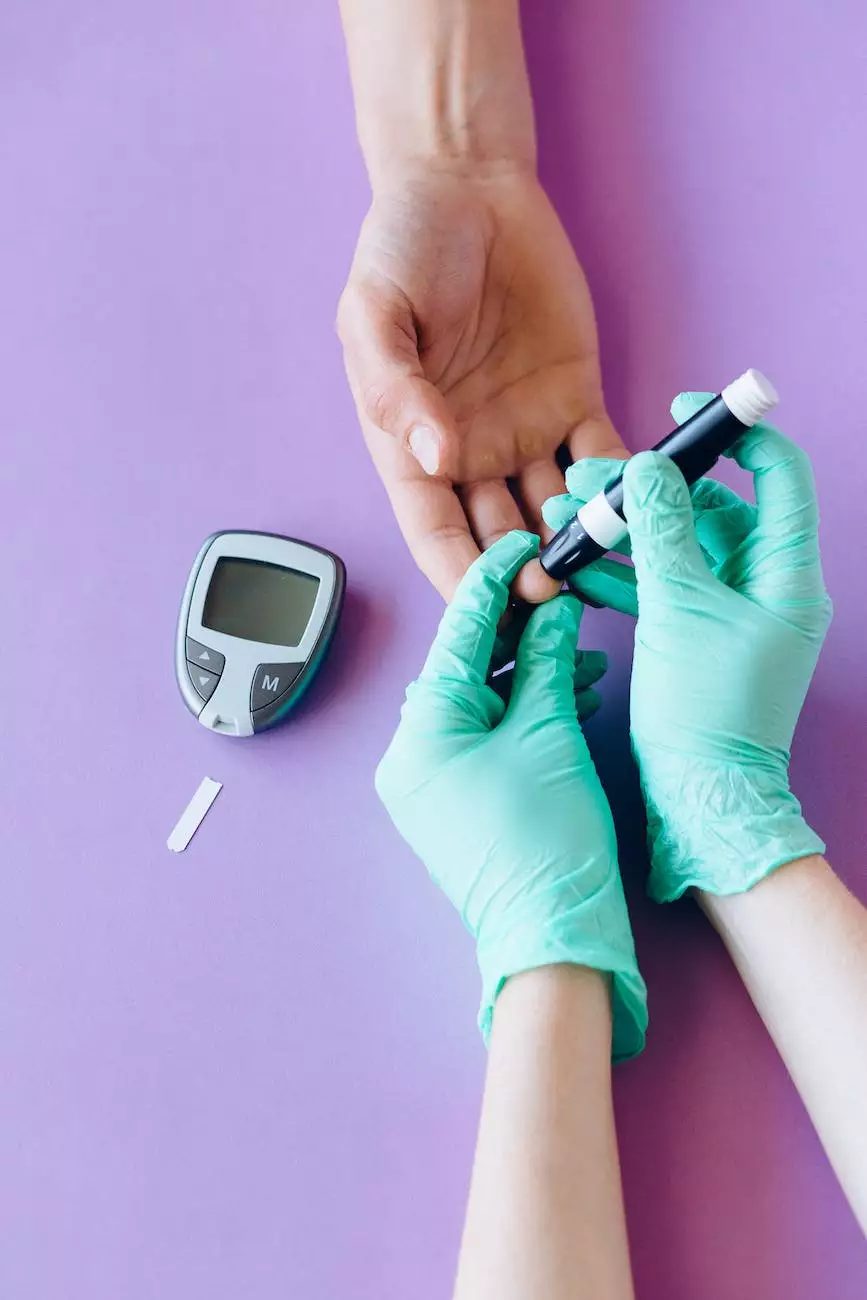Hyperlipidemia: Know Where You Stand

Understanding Hyperlipidemia
Hyperlipidemia, a common health condition affecting millions of people worldwide, refers to elevated levels of lipids (fats) in the blood. It is often associated with an imbalance of cholesterol and triglycerides, which are essential components of the body but can cause various health problems when present in excessive amounts.
Signs and Symptoms
Hyperlipidemia typically doesn't cause any noticeable symptoms on its own. However, its long-term effects can significantly increase the risk of developing cardiovascular diseases such as heart attacks, strokes, and peripheral arterial disease. It's crucial to be proactive and get your lipid levels checked regularly to identify and manage potential risks.
Risk Factors
Several factors can contribute to the development of hyperlipidemia, including:
- Genetics: Family history plays a significant role in determining your susceptibility to hyperlipidemia.
- Dietary Habits: Consuming a diet rich in saturated fats, trans fats, and cholesterol can raise your lipid levels.
- Obesity: Being overweight or obese increases the likelihood of developing hyperlipidemia.
- Lack of Physical Activity: Sedentary lifestyles and little to no exercise can contribute to elevated lipid levels.
- Smoking: Tobacco use not only impacts your overall health but can also lead to higher lipid levels.
- Existing Conditions: Conditions such as diabetes, hypothyroidism, and kidney disease can influence lipid metabolism.
Diagnosis and Treatment
To determine your lipid profile, your healthcare provider may perform a simple blood test. This test measures various types of cholesterol, including low-density lipoprotein (LDL), high-density lipoprotein (HDL), and triglycerides.
If you're diagnosed with hyperlipidemia, it's crucial to develop a comprehensive treatment plan. This typically involves lifestyle changes, including:
- Adopting a heart-healthy diet high in fruits, vegetables, whole grains, and lean proteins while limiting processed foods, saturated and trans fats.
- Incorporating regular physical activity into your daily routine, aiming for at least 150 minutes of moderate-intensity exercise each week.
- Quitting smoking and avoiding secondhand smoke exposure.
- Maintaining a healthy weight through portion control and calorie moderation.
Pain Cream Advisors: Your Trusted Resource
At Pain Cream Advisors, we understand the challenges of managing hyperlipidemia, and we are committed to providing you with the support and guidance you need. Our experienced team of healthcare professionals specializes in offering personalized treatment plans that address your unique requirements.
Why Choose Pain Cream Advisors?
- Expertise: Our team consists of highly skilled professionals with extensive knowledge and experience in dealing with hyperlipidemia.
- Personalized Approach: We believe in tailoring our treatment plans to meet your specific needs, understanding that every individual is different.
- Comprehensive Care: We offer a holistic approach to hyperlipidemia management, focusing not only on symptom relief but also on addressing the root cause.
- Education and Support: We believe in empowering our patients by providing them with valuable information and ongoing support throughout their treatment journey.
- Cutting-Edge Solutions: Pain Cream Advisors stays up-to-date with the latest advancements in hyperlipidemia management, ensuring we offer you the most effective treatments available.
Take Control of Your Hyperlipidemia Today
Don't let hyperlipidemia control your life. Take charge of your health and reach out to Pain Cream Advisors today. Our dedicated team is ready to assist you in managing your condition effectively and improving your overall quality of life.




